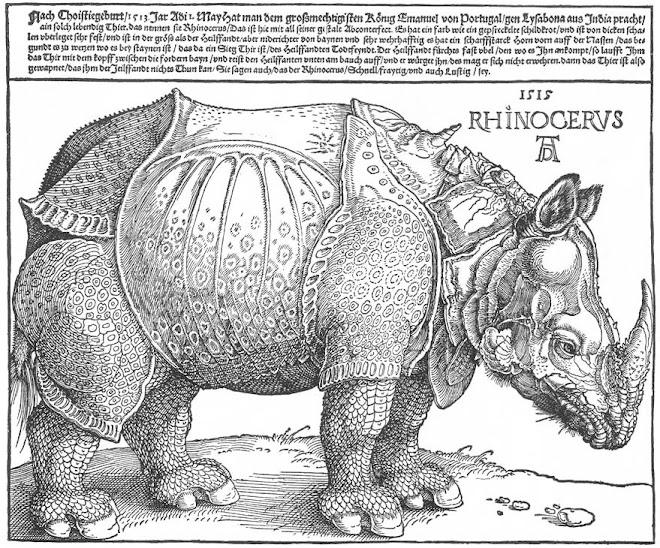"Nandy's book builds on an interesting, if somewhat contentious, distinction between two chronologically distinct types or genres of colonialism. The first, he argues, was relatively simple-minded in its focus on the physical conquest of territories, whereas the second was more insidious in its commitment to the conquest and occupation of minds, selves, cultures. If the first bandit-mode of colonialism was more violent, it was also, as Nandy insists, transparent in its self-interest, greed and rapacity. By contrast, and somewhat more confusingly, the second was pioneered by rationalists, modernists and liberals who argued that imperialism was really the messianic harbinger of civilisation to the uncivilised world." (p. 15)
from Postcolonial Theory: A Critical Introduction (1998) by Leela Gandhi, Columbia University Press, New York.
Nandy, A. 1983, The Intimate Enemy: Loss and Recovery of Self Under Colonialism, Oxford University Press, Delhi.
29 May 2011
Opening Sentence of "A Short Short Theory" (Robert Olen Butler) (versified)
"To be brief, it is a short short story
and not a prose poem because it has
at its center a character who yearns."
— Butler, Robert Olen
p. 102, The Rose Metal Press
Field Guide to Writing Flash Fiction
and not a prose poem because it has
at its center a character who yearns."
— Butler, Robert Olen
p. 102, The Rose Metal Press
Field Guide to Writing Flash Fiction
Labels:
Flash Fiction,
Robert Olen Butler
Subscribe to:
Comments (Atom)



+--+Albrecht+D%C3%BCrer.bmp)
